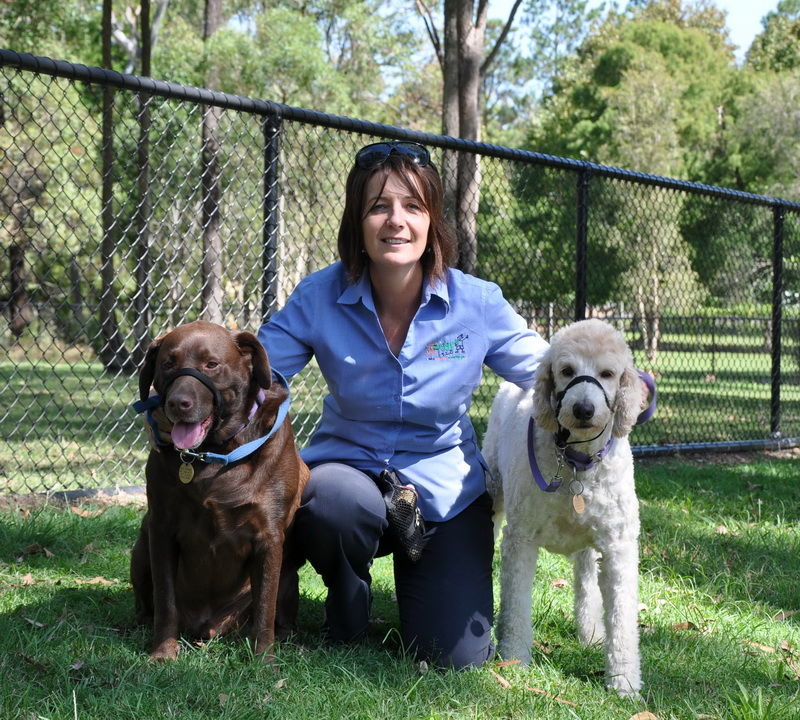Puppy classes tend to revolve around having fun, and trainers mostly keep lessons short and simple (in line with puppy’s attention spans!) So can puppy school really have long-term benefits for your dog?
Our extensive experience with puppies and dogs has convinced us of the benefits of puppy schooling, plus we’re aware of numerous anecdotal accounts that support our view. However don’t take our word for it. Scientists have also recently studied the impact of puppy schooling on adult dogs.
Research published in 2019 in the peer reviewed Journal of Veterinary Behaviour suggested a connection between puppy school attendance and positive adult dog behaviour.
Let’s take a look at this in more detail.
The science behind puppy schooling
The researchers mentioned above looked at a sample of 80 dogs to investigate if puppy schooling had a lasting impact on adult dogs. Thirty-two of the puppies in the sample attended six weeks of structured puppy classes taught by an animal behaviourist. The remaining puppies did not attend any form of puppy school.
The researchers assessed the behaviour of all 80 dogs one year after the puppy classes had finished.
Their findings showed significant benefits for the dogs who attended puppy school including:
- A lower likelihood of engaging in dog on dog aggression
- A reduction in touch sensitivity (meaning the dogs were more comfortable having their nails clipped, being washed etc)
- Lower fear responses to sudden and unfamiliar situations; and
- Improved trainability
Why does puppy schooling help adult dogs?
While the 2019 journal article did not delve into why dogs benefit from puppy schooling; canine behavioural science has well established that puppies must have socialisation in their early months to reduce their likelihood of responding aggressively to unfamiliar dogs and people as they grow up. Early, positive socialisation helps dogs to approach new experiences, loud noises and unfamiliar environments with curiosity rather than fear.
We talked in a previous post about the critical window for socialisation in dogs (understood to be between 4-17 weeks) so we won’t go into that in detail here, suffice to say puppies need numerous, continuous positive interactions with other dogs, puppies and people to develop into well-adjusted young adults and puppy school provides the perfect forum for this to take place.
Are there any other long term benefits from puppy schooling?
If you’ve raised a puppy before you might be wondering if you really need to take your dog to puppy preschool. As long as your dog has other dogs to socialise with, they’ll be fine right?
Well not exactly. Our understanding of canine behaviour continues to evolve and grow. All good trainers continually update themselves on the latest research and can offer you the best scientifically based advice on how to interact with your pup and how to manage behavioural problems if they arise.
A nugget or two of advice you pick up at puppy school might just make all the difference when your puppy is a bit older.
If you want the best for your pup, puppy school is a must. Contact us today to enrol your new pooch in fun, interactive lessons.

